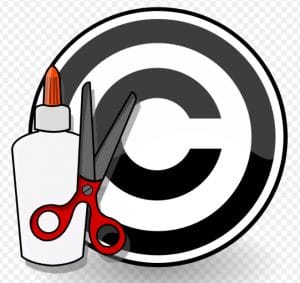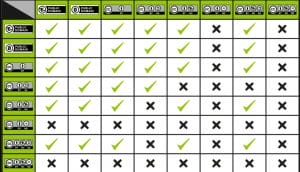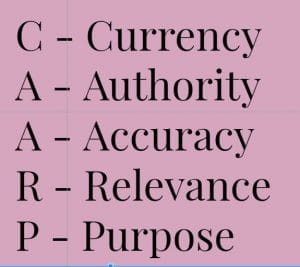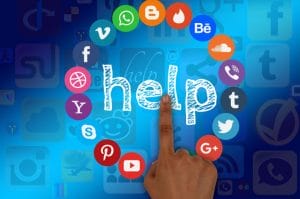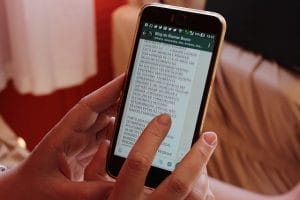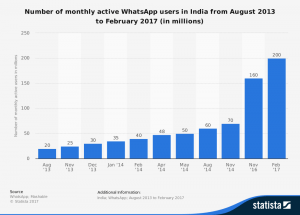Recently, a few poets accused Ailey O’Toole of selecting parts of their poetry and using it in her poetry to express herself. Incidentally, she was also nominated for the Pushcart Prize for her poem Gun Metal (which was plagiarized). The Guardian has all the details about the case. This incident made several publishers pull down O’Toole’s Works from their sites. Although she has been very apologetic about the accidental plagiarism, I noticed that her credibility has been affected and her future works will be always be looked at with doubt and skepticism.
Reflecting on the past I have noticed, how quickly I have merely ‘copied and pasted’. I have rationalized saying, “this is exactly what I want to say” so why to reword it, simply ‘copy and paste’ and this will save my time and effort. Well, if that is the intent of saving time and effort, then what I have also learned is to take an extra minute or two to put it in “Quotes” and cite the author’s name. What about you? Are you guilty of plagiarizing too?
Examples of plagiarism are many, here are a few International examples, NDTV has compiled a few Indian cases and a story about 3 Academic Thefts by professors in Rajasthan.
iPleaders Blog Post on Plagiarism law gives us a glimpse of India’s views on plagiarism. This makes me wonder and reflect on our Indian Education System. In the local schools, I have observed that students photocopy school notes and college notes, memorize them and then finally regurgitate the content in their exams, to get scores or marks that will make him/her eligible to one of the best colleges in India. Are we preparing our students for a ‘copy and paste’ world or do we want them to think, reflect and create?
I wonder how will this individual function in the real world? How will he/she respond ethically in the information world, where he/she has not learned to paraphrase and use his/her thinking faculties to express ideas or create something unique?
Here are simple six steps by Write Check to avoid plagiarism. BibMe recommends other ways. Some important ones I have learned are to:
- Use multiple sources of information to get a perspective and in-depth knowledge on the topic.
- Acknowledge one’s ideas, beliefs and thoughts that are gathered after much reading.
- Paraphrasing correctly and not merely replacing parts of a sentence with synonyms but also the syntax of the sentences.
- When quoting other peoples work, it’s important to give credit.
- Using a proper citing format according to the discipline.
Using a plagiarism checker can be very helpful when writing, it helps prevent accidental plagiarism. Invest in one; it’s worth it!
